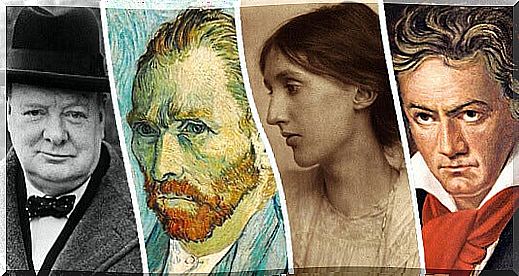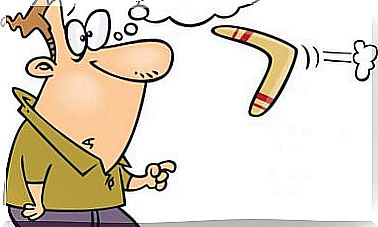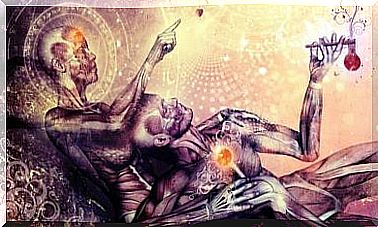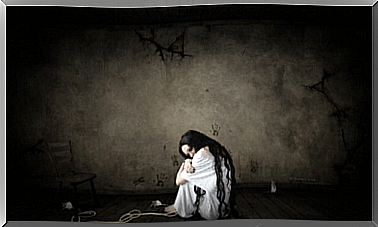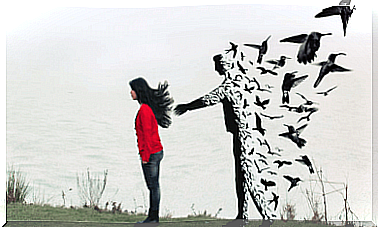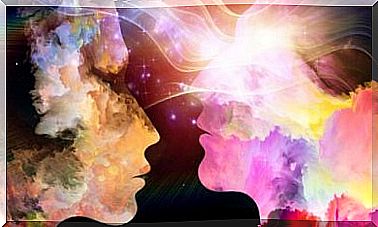We Confuse Ways Of Being With Mental Disorders

Psychology has failed to reach the street, not at an accessible or understandable level. The bulk of society continues to confuse different ways of being with mental disorders. We keep hearing phrases like “today I’m bipolar”, “how compulsively I got up” or “today I have depression.”
Most of us show, from time to time, ways of being that can be related to problems of a psychological nature. But, from there, to consider it a mental disorder goes a long way that psychologists have not yet been able to close.
How we deal with everyday problems related to mental health can lead to disorders, as long as the signs and symptoms become permanent, frequent and affect all functional areas of the person. Mental health continues to be the great neglected in public health. It is a great taboo that has to be faced and resolved.
Mental pain is less dramatic than physical pain, but it is more common and also more difficult to bear
Mental illnesses are alterations in cognitive development or conduct disorders that can seriously affect personal autonomy and the daily performance of daily activities. The loss of daily autonomy brings with it an invisible and inexplicable pain that makes mental illness difficult to cope with. A sad soul can kill faster than bacteria.
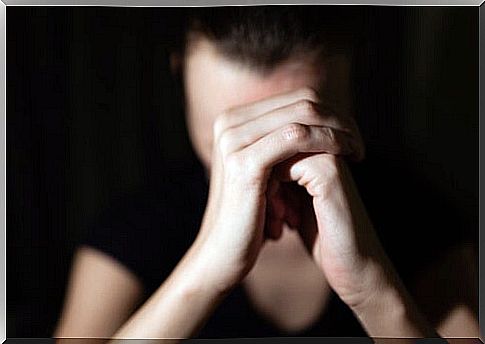
Joy and pain are not like oil and water, but coexist. When the pain is mental, it is also usually suffered in solitude, closed in on oneself, and most of the time, without anyone being able to reach or imagine the state of our thoughts . The true pain is the one suffered without witnesses.
A study recently published in the journal Psychological Science, a journal of the Association for Psychological Science, c oncluye that affects mental pain than physical. Negative emotional experiences can cause more pain than we think. While the memory of physical pain fades over time, mental pain can be relived through its memory.
Awareness of mental disorders must be changed in society
Compared to what is usually thought, the presence of mental disorders in society is much more frequent than we think. In fact, according to the World Health Organization (WHO), one in four citizens will have to face some type of mental illness in their lifetime.
This data opens a debate in which it is eloquent to elucidate that we live between disorders, accepted if they are physical, and banished and locked up if they are mental. Mental disorders are not chosen, although certain mental habits can trigger harmful habits for our health.
Mental disorders are more common in people whose blood relatives also have it. Certain genes can increase the risk of mental illness, and a particular life situation can trigger it. Specifically, exposure to environmental stressors, toxins, drugs or alcohol can be associated, in some cases, with mental illness.
Would you stop reading the Harry Potter saga because its author went through a deep depression? Wouldn’t you listen to Elton John again because he suffered from bulimia? Has his obsessive-compulsive disorder affected Leonardo DiCaprio’s acting career? Let’s learn to live together, enriching ourselves with our differences.
